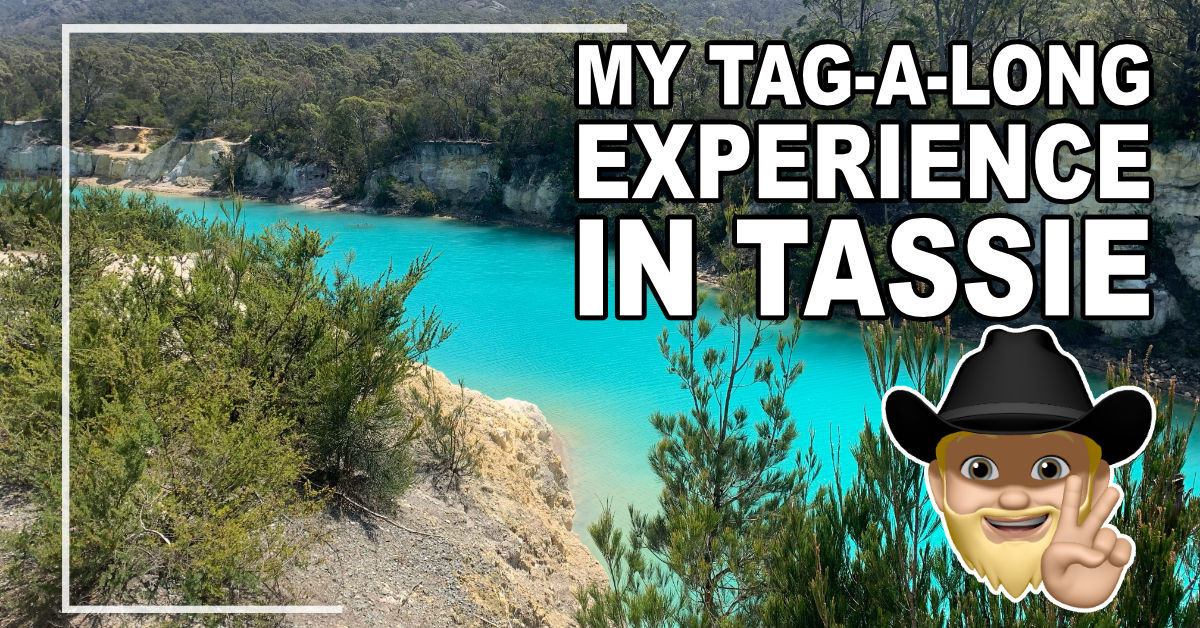Yidaki is the Aboriginal word for didgeridoo amongst the Yolngu people in north-eastern Arnhem Land. Yidaki is the local word as described to me by the Gurruwiwi family.
I was offered the chance to go out to look for a Yidaki, so we jumped into the troopy. The navigation system up here was Dhopiya doing her usual “point” and I drive. We start heading out of town, to me the bushland looked the same from one side to the other but Dhopiya was looking intently into the bush, she indicated for me to slow down and said here.

We headed into the bush and unbelievably you could see the trees we were looking for, Dhopiya walks through the bush tapping the trees listening for a hollow sound to find the right tree to cut down. It is hard to describe just how much time is invested in the process of creating a traditional Yidaki.

Once the right tree is found we tap the tree top and bottom to find the right spot to chop. it is then cut down, then we saw the ends the right length to make the Yidaki. We then blow into it to make sure it is hollow. Once the section of the trunk is removed, it is stripped of the bark by hitting it with the back of the axe to break it up so I could strip it away.

Jason also found what he called an Iron Tree, this particular tree is used for making Yolngu clap sticks. They have to go right down to the centre to get the hardest part of the tree, the dense wood gives the instrument a unique echo sound.
From this tree, just 2 pairs of sticks are made. Cutting and shaping the instruments is a long process, a skill that is handed down from one generation to the next.
We headed out at lunchtime and we got back to Wallaby Beach a couple of hours later and got straight into it. I found it fascinating that they had some formed steel tools specific to hollow out the middle of the Yidaki.

There were various shapes and sizes in the tools, so much goes into the process. Tapping away a small section at a time, alternating between the different tools
It was amazing to have Dhyopia show me how to use the tools to further hollow out and shape the log. In the final process, Dhyopia and Djalu shaped the wood and worked the timber into the final Yidaki.
I would estimate the entire process to make just one Yidaki was around 10 to 12 hours.

At the end of this year Dhopiya and the healing ladies are making the trip to the Woodford Folk Festival. The ladies will be doing bush medicine and healing ceremonies as well as yarning in the childrens area, sharing stories and singing and dancing. I will be lucky enough to have Dhopiya paint my Yidaki while she is there.

NB: Although we take a lot of care in researching information to deliver you the best content sometimes information can be incorrect. If you see anything in this article that you believe might be inaccurate please contact us to have it reviewed.







